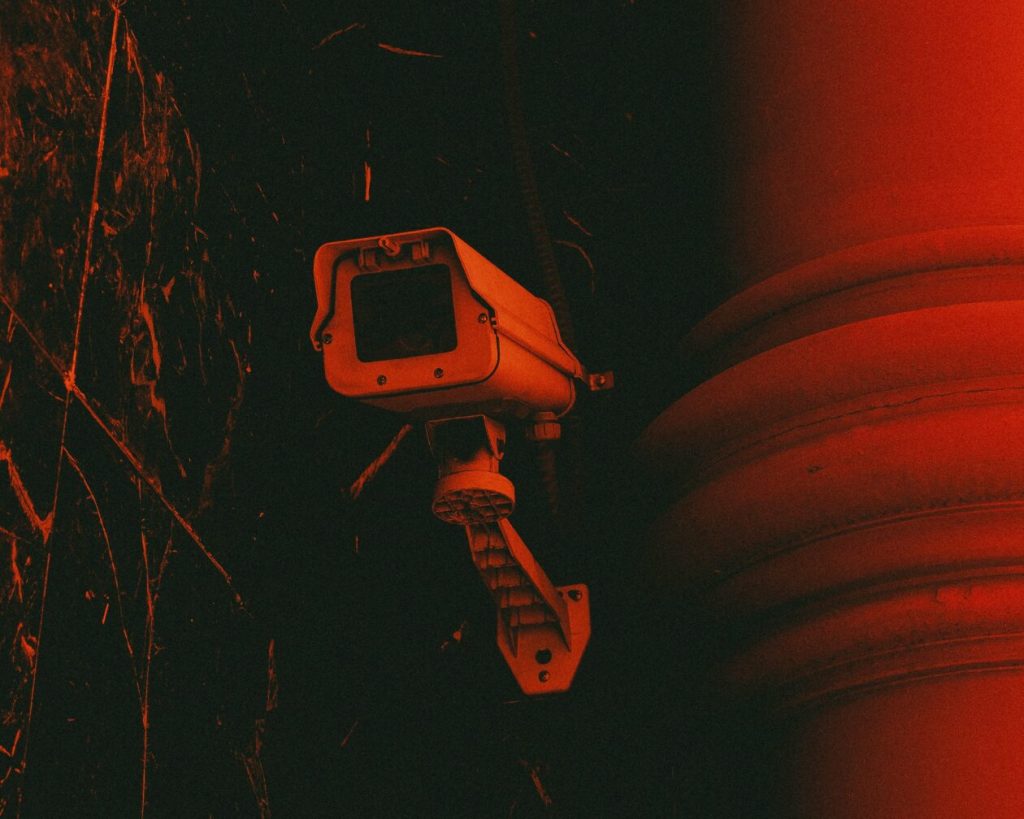The Seattle City Council’s public safety committee has approved legislation to install new CCTV cameras and Real-Time Crime Center software in an effort to address crime in certain areas of the city. The full council will vote on these new laws next month, with Mayor Bruce Harrell expressing support for the technologies as a tool to enhance public safety efforts. The cameras will be installed in key areas such as the Third Avenue corridor downtown, the Chinatown International District, and along Aurora Avenue in North Seattle as part of a pilot program, with the budget allocating over $2.4 million for deployment in 2025.
The city has stated that the CCTV cameras will only be used in public places, such as sidewalks, streets, and parks, to alleviate privacy concerns. Signs will be posted to notify the public of their presence, and video recordings will be retained for up to 30 days before being erased unless used as evidence. Seattle Police Department has also confirmed that face recognition technology will not be utilized. Despite these precautions, critics of the plan argue that there is no evidence proving the effectiveness of the cameras in reducing crime and that they could disproportionately harm communities of color. The ACLU of Washington’s technology policy director, Tee Sannon, has raised concerns about the Real-Time Crime Center potentially being used for purposes beyond crime prevention, such as arrests related to immigration or reproductive and gender-affirming healthcare.
In a presentation, SPD emphasized that they will not cooperate in enforcing laws related to immigration or healthcare services. Additionally, Axon, a company known for police body cameras and tasers, will be partnering with the city on the Real-Time Crime Center. Axon recently acquired Fusus, a leading provider of real-time crime center technology, which integrates live video footage and data points from various locations to monitor active incidents within a community. The RTCC could potentially use footage from private sources like Ring cameras, according to reports. It was noted that earlier this year, Mayor Harrell had stated that the city would not allocate funds to a controversial gunshot detection technology system, indicating a shift in priorities towards other crime prevention technologies.
While the City of Seattle moves forward with plans to deploy CCTV cameras and Real-Time Crime Center software, concerns remain about the potential impacts of these technologies. Critics argue that there is no definitive evidence showing that the cameras are effective in reducing crime and worry about potential misuse of the RTCC for purposes beyond public safety. The partnership with Axon, a major player in law enforcement technology, raises questions about the integration of new surveillance technologies in policing efforts. However, proponents of the plan, including Mayor Harrell, believe that leveraging the latest technology can enhance public safety efforts in the city, particularly in high-crime areas like the Third Avenue corridor and Chinatown International District. Ultimately, the debate over the deployment of these crime prevention technologies reflects broader conversations about the balance between security and privacy in urban centers.












